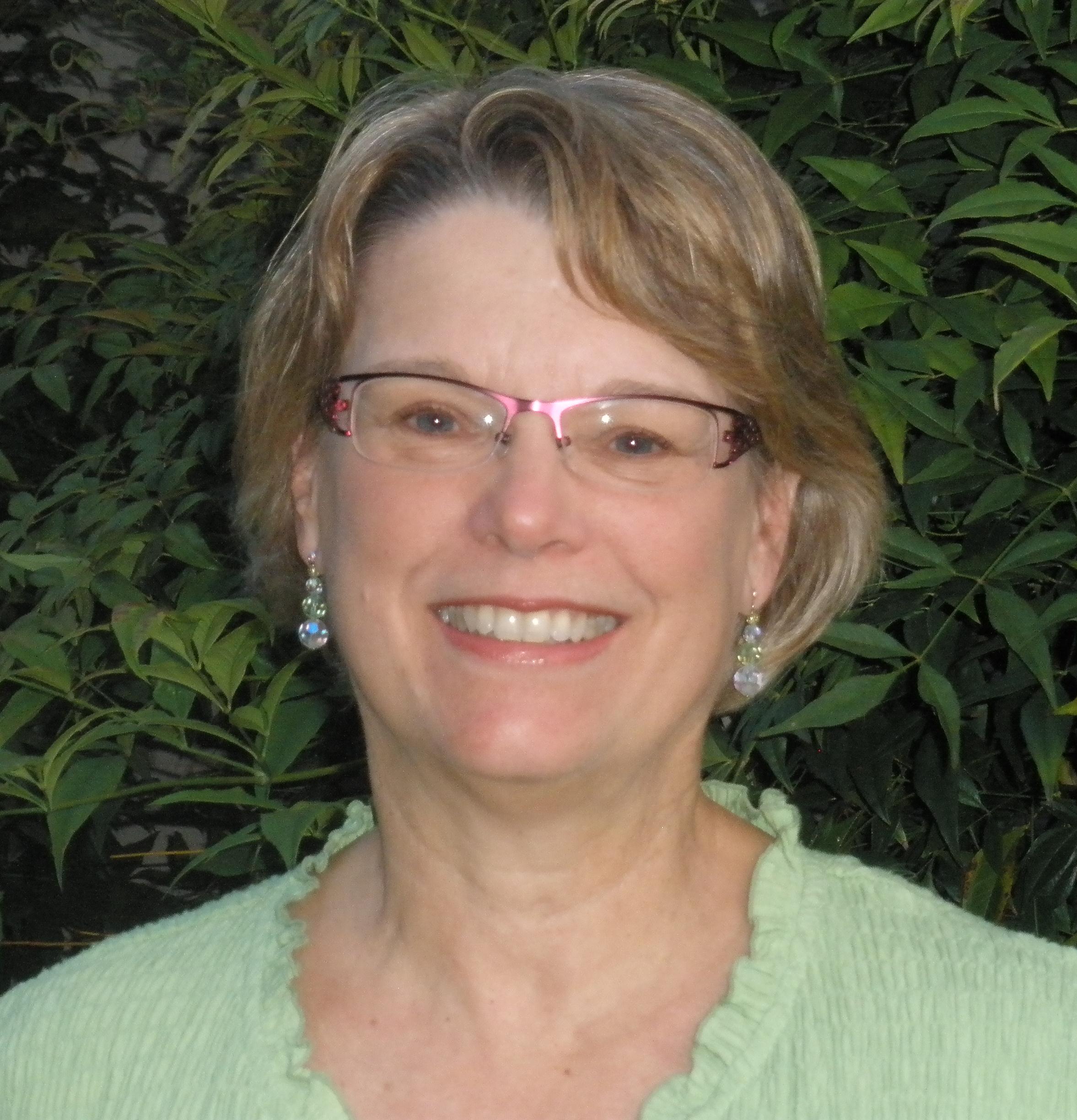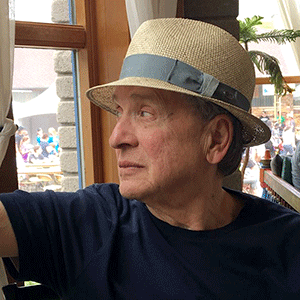 MEANWHILE, WHAT DO I DO WITH MY GREAT HOARD OF RESOURCES?
MEANWHILE, WHAT DO I DO WITH MY GREAT HOARD OF RESOURCES?
Ponderings from Bill Keene
As a founding Board member of Pioneer Network, I am pleased to witness the evolution of our conference scheduled for Denver this summer. The topics and formats continue to shape our themes and goals. One of the things which impresses me is the high level of creative collaboration and sharing among the team of passionate “Guides”. It is exciting to be part of the audience as they unfold new content, skill sets and partnerships to help all of us take quality dementia care to new levels of impact and meaning.
My own personal experience this past year has generated a professional quandary for me: what to do with forty years of accumulated books, files and program materials. They have faithfully inhabited my many “home offices” and storage nooks for years, on the ready to participate in a new project or research study. As I “downsize” my fertile warehouse of goodies to move forward with my own “retirement”, where are the places to plant new seeds and ideas for the next generations of dementia care?
Without hesitation, I started to contact professionals and “experts in the field” to offer them some of my best examples and “products” from my own exposure to “culture change” and good dementia care over the years. I was even willing to share in the shipping costs. This would be my “retirement gift” to a great profession and mission of love and service that has blessed my life.
Can you imagine the response of my network:
“Thanks but no thanks! Google meets my needs must faster and better!”
“The field is changing so fast; the written word can’t keep up!”
“Give them to a museum or foreign country!”
I guess it is truly time for my retirement.
At the same time, hold off for a moment and consider the following:
In the early 1970s when I started in the field as a family member and advocate, my local libraries had only a half a dozen articles in their card catalogues and Dr. Powell Lawton was my hero in the world of geriatric research. Over the years, the world of dementia has changed dramatically, but that does not mean that there is nothing to be found in the early work in advocacy, care, research and support. Spend time in some of these “home offices” and “laboratories” of the early pioneers. There are gems to be unearthed. Perhaps a new idea or opportunity will emerge. Some of the most successful innovations of care and support have sprouted from the conferences and work of people like you. Reach out and partner with soul mates in the Pioneer Network, as well as other collaborations like the Dementia Action Alliance and The Eden Alternative.
Meanwhile, you are welcome to my collection of books and files that supported and enriched my journey. Let’s give Google a run for the money and stay in touch to harvest the best of the old and new together. This is my dream. What’s yours?

GREETINGS ALL PIONEERS –
Joanne Rader
 THE OTHER SIDE OF SENESCENCE
THE OTHER SIDE OF SENESCENCE
My issue is that in an ageist society senescence is the predominant characteristic seen of age-ing, contributing to viewing Elderhood through a deficit lens. This leads to fear, dread, work place discrimination, among other deleterious aspects.
But there is another dimension to age-ing. Knowing that our time left is limited, many elders have a broader perspective on the meaning of life, live more in the moment, realize the catharsis of surrendering: letting go of grudges, forgiving others and more compellingly forgiving one self. Out of this stew arises a phenomenon known as wisdom. This is why Native Americans and most pre-modern societies had various manifestations on council of elders. This sharing of wisdom, culture, mythology, spirituality was a vital force that postmodern societies don’t adequately appreciate.
The New York Times recently did an article following a group of elders over 85 for a number of years. Their conclusion? Though all dealing with aspects of senescence, they were happy (especially compared to younger adults), adaptable, appreciating the life remaining and counter- intuitively having very little fear of death.
Yes, the other side of senescence.


